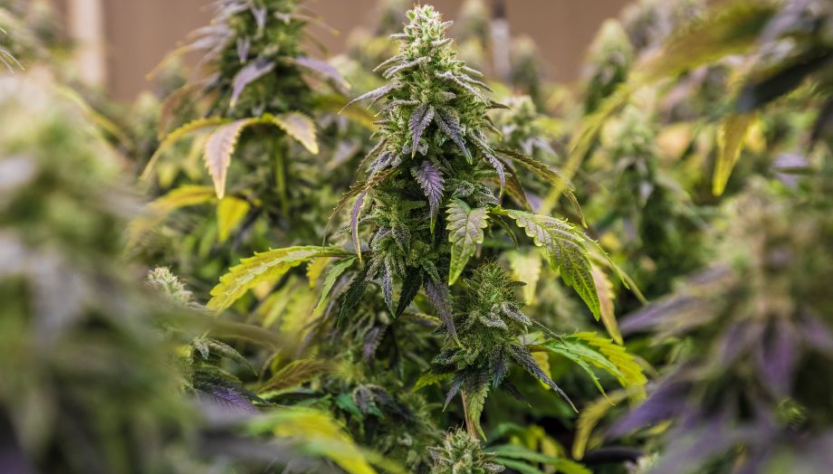CBD oil has garnered considerable attention for its potential therapeutic benefits, particularly in managing symptoms of Post-Traumatic Stress Disorder (PTSD). CBD has gained widespread popularity, especially in countries, where CBD products are easily accessible. cbd canadahas become a popular search term, indicating the growing interest in this natural remedy. CBD oil, when sourced from reputable suppliers, offers a non-intoxicating option for those seeking alternative treatments. With PTSD affecting a significant portion of the population, understanding the potential of CBD oil is crucial. Here’s how CBD can transform the lives of people living with PTSD.
Endocannabinoid system and CBD
To comprehend how CBD oil works for PTSD, we must first understand the endocannabinoid system (ECS). The ECS is a complex cell-signalling system present in all mammals, including humans. The function of the immune system is to maintain the body’s balance or homeostasis. ECS consists of endocannabinoids, which are naturally occurring cannabinoids produced by the body, and their receptors, called CB1 and CB2.
CBD, when introduced into the body, interacts with the ECS. Unlike THC, another well-known cannabinoid, CBD, does not bind directly to CB1 and CB2 receptors. As opposed to inhibiting these receptors, it modulates overall ECS function. Different physiological processes are affected by this interaction, including mood, memory, and pain perception.
CBD’s impact on PTSD symptoms
Research suggests that CBD oil offers relief for several PTSD symptoms. Here’s how it may help:
- Reducing anxiety and fear – CBD has been shown to have anxiolytic properties, meaning it reduces anxiety and fear responses. CBD interacts with serotonin receptors to promote a sense of relaxation, which is helpful for people who have PTSD.
- Improving sleep – Sleep disturbances are common in PTSD, with many individuals struggling with insomnia or nightmares. CBD’s ability to promote relaxation and reduce anxiety leads to improved sleep quality. The effects of CBD may be enhanced further by its interaction with sleep-regulating receptors.
- Managing emotional regulation – PTSD often involves difficulties in emotional regulation, leading to intense and unpredictable mood swings. CBD’s interaction with the ECS helps regulate emotional responses, promoting a more stable and balanced emotional state.
- Alleviating physical symptoms – PTSD also manifest in physical symptoms, such as chronic pain and muscle tension. With CBD’s anti-inflammatory properties, it offers a holistic approach to managing PTSD symptoms.
- Enhancing therapy outcomes – CBD oil may enhance the effectiveness of traditional PTSD therapies. CBD promotes recovery by reducing anxiety and improving emotional regulation, which allows individuals to engage in treatment more effectively.
CBD oil for PTSD should be purchased from reputable providers in order to be of high quality. Look for CBD oils that are:
- Third-party tested – Ensure an independent laboratory has tested the product to verify its purity and potency.
- Full-spectrum – Full-spectrum CBD oils contain a range of beneficial cannabinoids and terpenes, which may enhance the overall effectiveness of the product.
- Organic and pesticide-free – Opt for organic CBD oils to avoid any potential exposure to harmful chemicals.
Check for accurate labelling, including CBD concentration and other ingredient information. CBD oil may offer a natural approach to finding relief and is becoming more popular with self-care routines.

